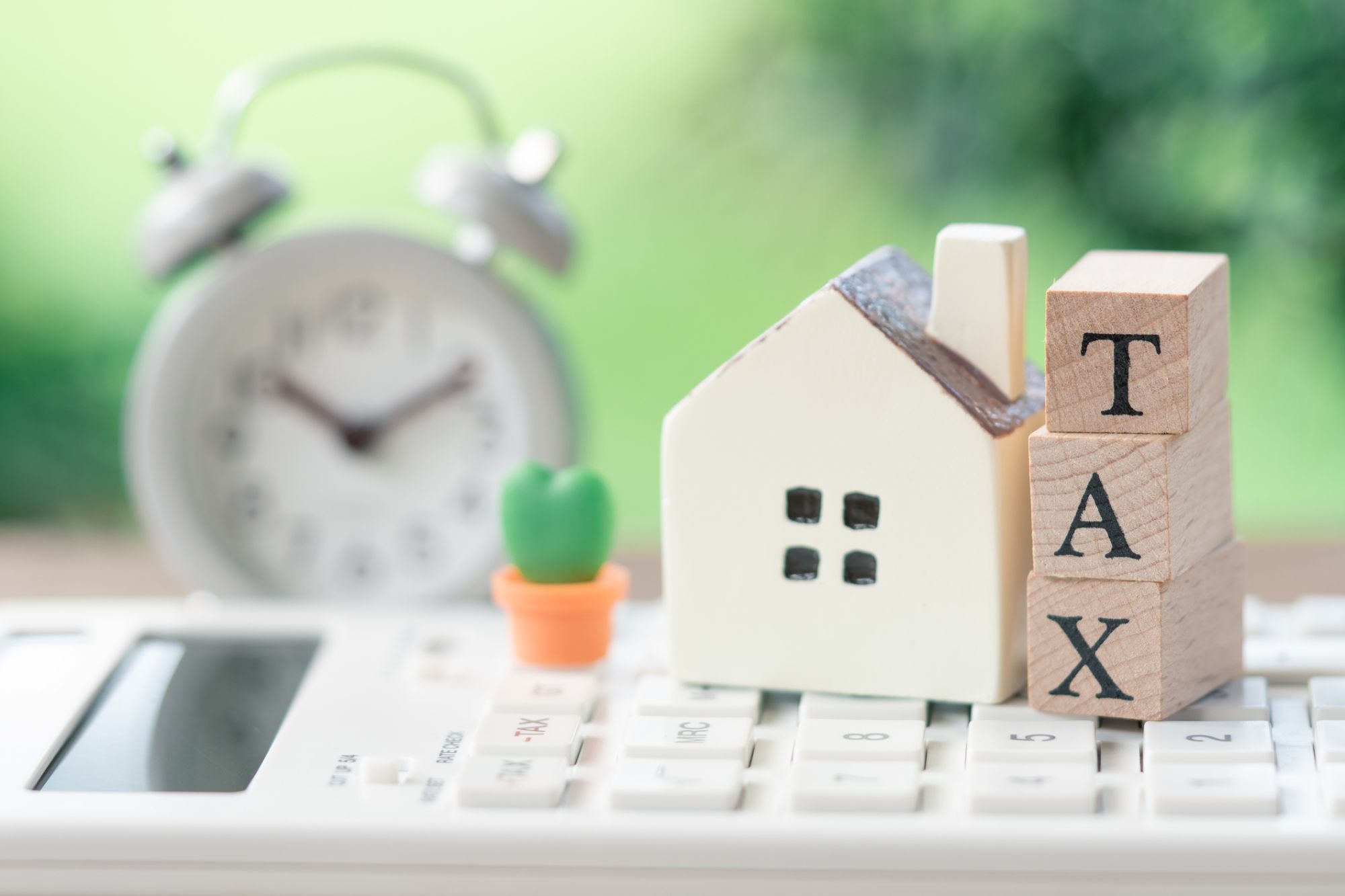Buying a home in Texas? Here’s what you need to know about property taxes:
Texas does not have state property tax
Texas residents do not have to pay a state property tax. However, the state constitution and statutory law allow local governments to collect this tax. The state government also does not settle property tax disputes between citizens and their respective local governments.
Local governments have different property taxes. Generally, property tax rates are based on the current appraised market value of your property combined with income-producing tangible personal property.
Your property’s current market value is determined after comparing it with similar properties sold recently in the area. To get your property tax bill, the appraised value of your property is multiplied by the local tax rate.
County property taxes are recalculated every year
Property taxes in Texas aren’t set in stone. There is a yearly budget allotted to the state through its counties and the rates change depending on the needs of the local taxing units such as the county, school districts, and special districts.
After properties are appraised, the property tax of the county will then be recalculated.
Before finalizing any tax increases, local governments usually hold public hearings to keep the process transparent. If the proposed property tax increase exceeds a certain amount or limit, residents can petition for a public vote on the matter.
The four stages of the property tax year
- Appraisal of taxable property – Every January, an appraisal district estimates the value of your property. The market conditions, the purpose of the property, and the ownership during the time of appraisal will be considered. This will determine if the property is taxable and who will pay for the taxes.
- Protesting values and other matters – Around summertime, the appraisal review board (ARB) comes into session and conducts hearings regarding the proposed property taxes. Here, property owners can present their complaints about the appraisal of their property.
Upon conclusion of the hearings, the ARB – through the appraisal district – releases a list of taxable properties to taxing units. This part of the process happens around May 15.
- Adopting tax rates – By August or September, taxing units adopt the tax rates to fund operations and debt payments.
- Collecting taxes – Collection begins October 1 with the deadline set on January 31 of the following year. Taxpayers who file their dues after the deadline will incur penalties and interest charges.
Texas has property tax exemptions
The following exemptions reduce the appraised value of your property and your tax bill:
- Homestead exemption – A $25,000 reduction for a principal place of residence for school district taxes.
- Seniors and disabled exemption – People aged 65 or older or those who have disabilities can qualify for an additional $10,000 for school district taxes. They can also be exempted from other local property taxes.
- Optional percentage exemption – Any taxing unit can offer an exemption amounting to 20% of a residence’s homestead value.
- Optional age 65 or older or disabled exemption – Any taxing unit can offer an additional homestead exemption of at least $3,000 for taxpayers aged 65 or older and those with disabilities.
Learn more about North Texas real estate
If you’re buying or selling property in North Texas, get in touch with expert realty team Sarah Boyd and Company. With over 10 years of buying and selling ranch and residential real estate, you know you’re in the best hands. Reach out to our team here.

